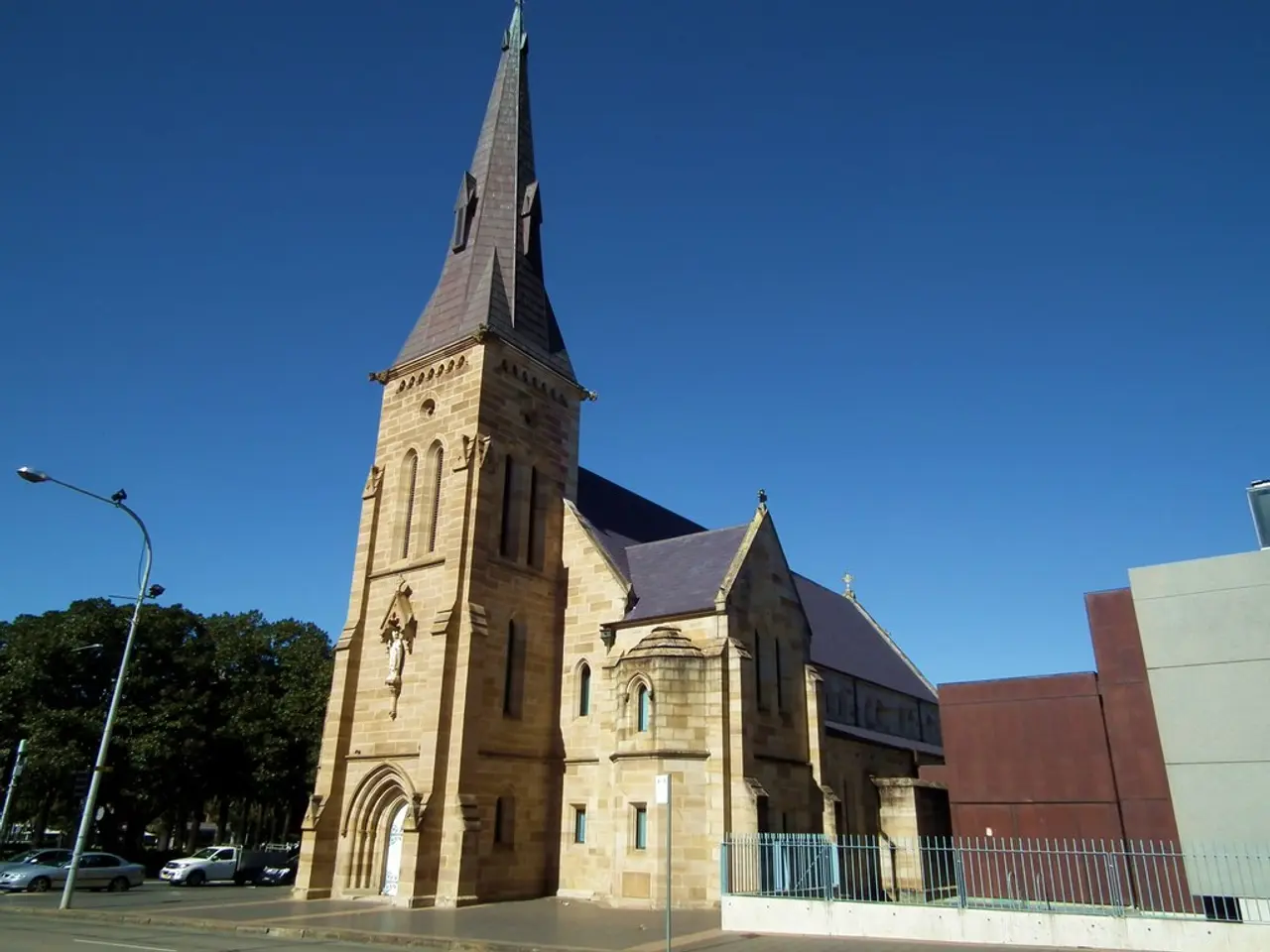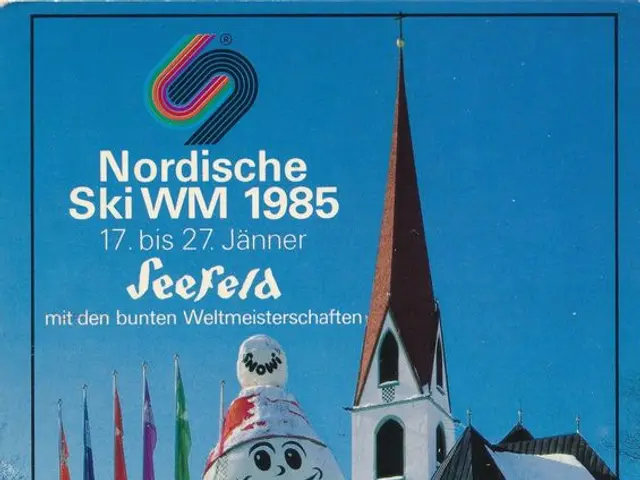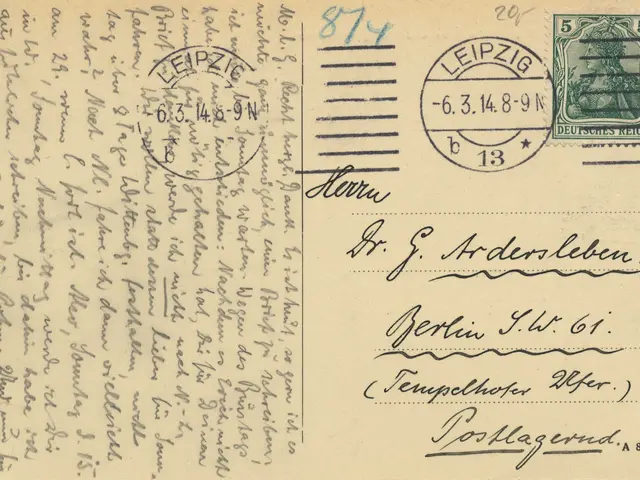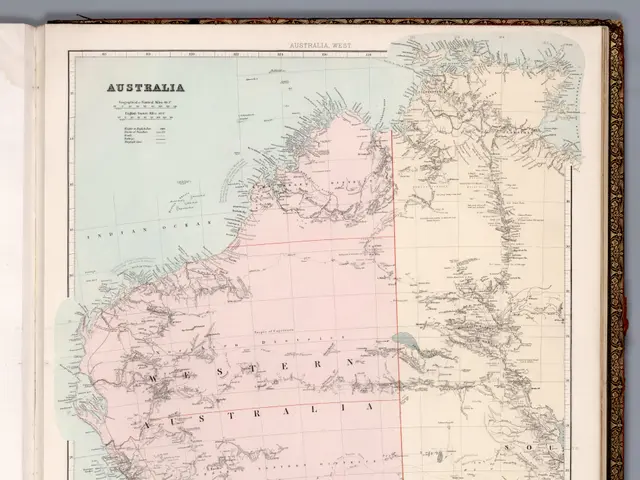"The Ongoing Struggle: Excavating Serbia's Lithium Reserves"
In the heart of Europe, the Balkan nation of Serbia has found itself embroiled in a contentious debate over lithium mining, a critical component in the production of electric vehicles and batteries. This issue, which resurfaced after the December 2023 snap elections, has sparked protests, political manoeuvring, and regional cooperation.
Unprecedented allegations of vote rigging marred the December elections, but one silver lining emerged: the European Green and Social Democratic parties played a significant role in exposing electoral fraud, both in Belgrade and nationally.
The subsequent months saw a flurry of activities, with the Serbian government acting as PR agents, loudly promoting the supposed positive aspects of lithium mining in Serbia. However, public opinion remained over 50% opposed to the extraction of lithium, a sentiment reflected in most national broadcasts in July 2024.
In a bid to halt the exploitation of lithium and boron ores, the Serbian parties 'Narodna stranka' and 'Zajedno za Srbiju' proposed a long-term ban. Despite the proposal, it was ultimately rejected by the Serbian parliament.
The opposition coalition, led by Radomir Lazović, co-president of the Green-Left Front (ZLF), achieved the best result for an opposition coalition since 2012, with Lazović leading the list in the elections. The ZLF, on the verge of joining the European Green Party (EGP), has undertaken various international activities to demonstrate that European politics is neither homogeneous nor monolithic.
The EGP, in fact, was the first pan-European party to issue statements clearly opposing the planned lithium mining in Serbia. This stance was evident when a delegation, including German Chancellor Olaf Scholz, European Commission Vice President for the Energy Union Maroš Šefčovič, and State Secretary for Economic Affairs and Climate Action and Green member of the Bundestag, Franziska Brantner, visited Belgrade.
The visit aimed to secure Serbia's lithium reserves for the German car industry, a fact that contrasted with the views of many Serbians who are largely against lithium mining. Brantner and the German Green Party, however, focused on securing lithium for the decarbonisation of a foreign car industry, a stance that has sparked controversy.
Tens of thousands of people gathered in Belgrade in the summer of 2024 to protest against the resumption of the lithium mining project, their voices echoing in the slogan 'Nećeš kopati' ('you won't dig'). The issue of lithium mining was a frequent topic in national broadcasts, with data from the Bureau for Social Research (BIRODI) showing that it was mentioned 1,045 times in July 2024 alone.
Despite losing its work permits, multinational company Rio Tinto continues to purchase land and carry out preparatory work for a lithium mining project in Serbia. The Serbian government's decision to halt the Jadar lithium project was overturned by the Constitutional Court, stating that it was 'not in accordance with the Constitution and the law'.
This battle between environmental concerns and economic interests has not gone unnoticed. Croatia's left-wing Green party, Možemo, has shown support for Serbian citizens in their struggle, fostering regional cooperation that contrasts with the dominant nationalist narratives in both countries. The partnership aligns with the European Critical Raw Materials Act, which aims to shorten the supply and processing chains of materials such as lithium for the net zero industry.
In the face of this controversy, President Vučić mentioned his joint guarantee on environmental protection with Franziska Brantner at a joint press conference, a sign that the debate over lithium mining in Serbia is far from over.
Read also:
- Amidst India's escalating climate crisis, transgender individuals continue to persevere
- Contentious Discussion Surrounding the Movie Release of "Planet of the Humans"
- Germany's three-month tenure under Merz's administration feels significantly extended
- Norway set to allocate proceeds from sales of tickets for a soccer match against Israel to Médecins Sans Frontières (MSF)







